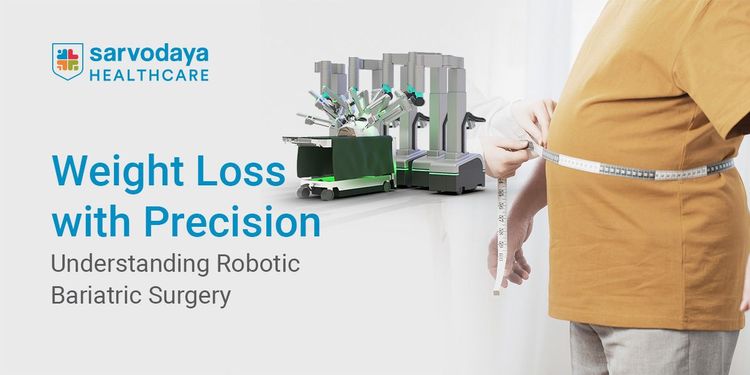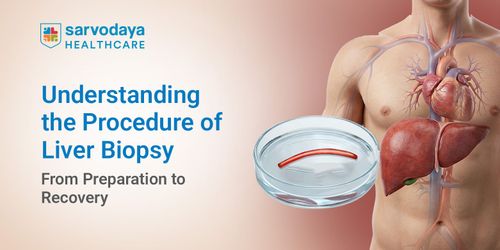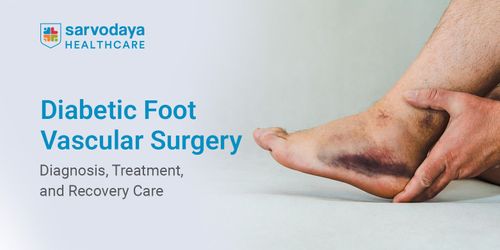Obesity is a chronic health condition that affects millions of people across the world. It is linked with several medical complications such as diabetes, hypertension, heart disease, and sleep apnoea. When lifestyle changes, medications, and exercise do not bring lasting results, surgical intervention becomes the most effective solution.
In this blog, we explore what obesity surgery is, how robotic gastric bypass surgery works, the different types of bariatric surgeries, the potential side effects, and what life looks like after treatment.
Understanding Bariatric Surgery
Bariatric surgery is a medical procedure that helps individuals lose weight by altering the digestive system, reducing food intake, or limiting nutrient absorption. It is not a cosmetic surgery but a scientifically proven treatment for those struggling with severe obesity and obesity-related health conditions.
There are multiple bariatric surgeries, and each is designed to achieve significant weight loss.
Types of Bariatric Surgery Procedures
Here are the main ones explained in detail:
- Sleeve Gastrectomy
In this type of weight reduction surgery, approximately 80% of the stomach is removed. What remains is a smaller, sleeve-shaped stomach that holds less food. It also reduces hunger hormones, making it easier to maintain weight loss.
- Robotic Gastric Bypass Operation
Considered the gold standard of bariatric surgeries, this involves creating a small pouch from the stomach and connecting it directly to the small intestine. The result is less food intake and reduced calorie absorption. With the robotic approach, the surgeon can perform this complex rerouting with utmost precision.
- Adjustable Gastric Banding
A silicone band is placed around the upper portion of the stomach. This surgery helps patients feel full faster, but it is less commonly performed today compared to the gastric bypass operation and sleeve gastrectomy.
- Biliopancreatic Diversion with Duodenal Switch (BPD/DS)
This is one of the most effective yet complex types of bariatric surgeries. It combines a sleeve gastrectomy with an intestinal bypass. While it provides significant bariatric surgery weight loss, it carries a higher risk of nutritional deficiencies.
Each type has its benefits, but the suitability depends on the patient’s age, health condition, BMI, and medical history. That is why consultation with a skilled robotic general surgeon in Delhi NCR is essential before deciding on the best option.
Exploring Robotic Bariatric Surgery
Robotic bariatric surgery is a modern advancement in the field of weight loss surgery that uses robotic-assisted technology to perform complex surgeries with greater precision. Unlike traditional laparoscopic methods, where the surgeon operates directly with handheld instruments, robotic systems allow the surgeon to control robotic arms through a console with 3D visualisation.
This method has several advantages:
- Greater accuracy in delicate movements.
- Less tissue trauma, resulting in faster recovery.
- Smaller incisions lead to minimal scarring.
- Reduced hospital stay and less post-operative pain.
Process of Robotic Gastric Bypass Surgery
The bariatric surgery starts with a comprehensive medical evaluation. Doctors assess the patient’s weight, health conditions, and overall suitability for weight loss surgery.
The surgery itself usually follows these steps:
- Pre-Operative Preparation: Patients may need dietary adjustments, exercise, and routine tests before surgery.
- Anaesthesia: The surgery is performed under general anaesthesia.
- Small Incisions: Instead of a significant cut, the surgeon makes several small incisions in the abdomen.
- Use of Robotic Arms: Controlled by the surgeon, these robotic arms perform delicate tasks with precision and accuracy.
- Stomach Pouch Creation: The stomach is divided to form a small pouch that holds less food.
- Intestinal Rerouting: The pouch is connected to the small intestine, reducing calorie absorption.
- Closure and Recovery: Once the surgery is complete, the incisions are closed.
Risks and Side Effects of Robotic Bariatric Surgery
Like any surgical treatment, weight reduction surgery carries certain risks. Robotic technology reduces many of these, but patients must still be aware of possible complications.
Short-term risks include:
- Infection at the incision sites
- Bleeding or blood clots
- Anaesthesia-related complications
- Leakage from the site of the stomach-intestine connection
Long-term side effects of bariatric surgery include:
- Nutritional deficiencies (iron, vitamin B12, calcium, and protein)
- Dumping syndrome (rapid movement of food into the small intestine, causing nausea or diarrhoea)
- Gallstones due to rapid weight loss
- Bowel obstruction or ulcers in rare cases
Benefits of Robotic Bariatric Surgery
Undergoing a bariatric surgery with robotic assistance can be life-changing for patients who have struggled with obesity for years.
Below are the main benefits:
- Effective Weight Loss: Patients often achieve significant and sustained bariatric surgery weight loss, especially with robotic gastric bypass surgery and sleeve gastrectomy.
- Reduced Obesity-Related Health Risks: Conditions such as type 2 diabetes, hypertension, high cholesterol, and sleep apnoea often improve or completely resolve after surgery.
- Enhanced Quality of Life: Patients report better mobility, improved self-esteem, and higher participation in social and professional activities.
- Minimally Invasive Advantages: With the robotic method, smaller incisions mean less scarring, reduced post-operative pain, and a quicker return to daily life.
- Improved Precision and Safety: The accuracy of robotic technology lowers the risk of complications during weight loss surgery compared to traditional techniques.
Conclusion
Obesity is more than just excess body weight; it is a health condition that can severely affect physical, emotional, and social well-being. When conventional weight loss methods, such as diet and exercise, do not yield long-term results, bariatric surgery provides a reliable medical solution.
At Sarvodaya Hospital, Faridabad, patients benefit from world-class facilities and advanced robotic surgical systems. The hospital offers comprehensive programmes for both treatment and preventive consultation, ensuring that every patient receives guidance not only for the robotic surgery but also for long-term health management. With a dedicated team of specialists, Sarvodaya Hospital provides safe and effective options for weight reduction surgery, giving patients renewed confidence and improved quality of life.
If you or a loved one is struggling with obesity and is considering a long-term solution, it is essential to seek professional medical advice. Book an appointment now to take the first step towards transformation.























